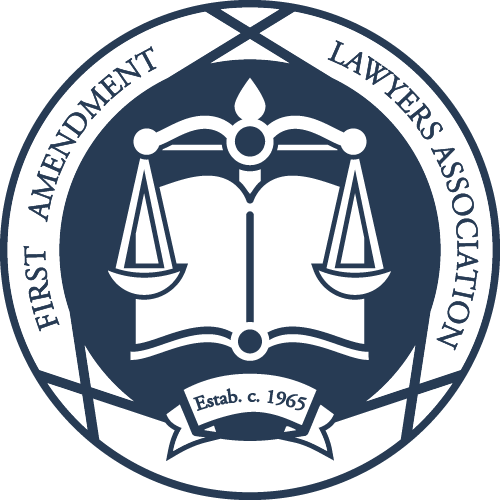We often receive inquiries regarding perceived First Amendment violations by online service providers such as social networking sites like Facebook, Instagram, and Twitter, based on deletion of posts, groups, or ads. Often, a user believes their content was removed based on their viewpoint or political beliefs. Understandably, this feels like the speech is being censored and there should be some legal remedy for violating free speech rights. However, the reality is that online service platform providers are not governmental entities. Only federal, state, or local governments can be held responsible for violating the First Amendment.
While there have been some attempts to treat online service providers as “public forums” for purposes of protected speech, these efforts have largely been unsuccessful. The government has some limited authority to regulate the content of certain mainstream media, given for example the limited public airwave frequencies available for licensure. But access to the internet is practically limitless. So, the same legal justifications do not apply to potential regulation of online service providers. Moreover, federal law grants service providers a form of immunity for decisions to remove content from their platforms. (Also, government regulation of the internet is generally at odds with free expression.)
So, online platforms can decide what speech is acceptable to them, and who will be allowed to use their services. User rights are governed by user agreements that users accept in signing up for the service. These agreements typically allow broad discretion to delete content or terminate customers by the service provider. Like any private business, online service providers can decide who can be a customer, with limited exceptions. Given the seeming power, this issue of “private censorship” has generated substantial public policy concerns. While such decisions should not be based on the viewpoint of the speaker, under traditional notions of free speech and protections against government censorship, the First Amendment and civil rights statutes do not currently provide a remedy for censorship of speech by private companies.
